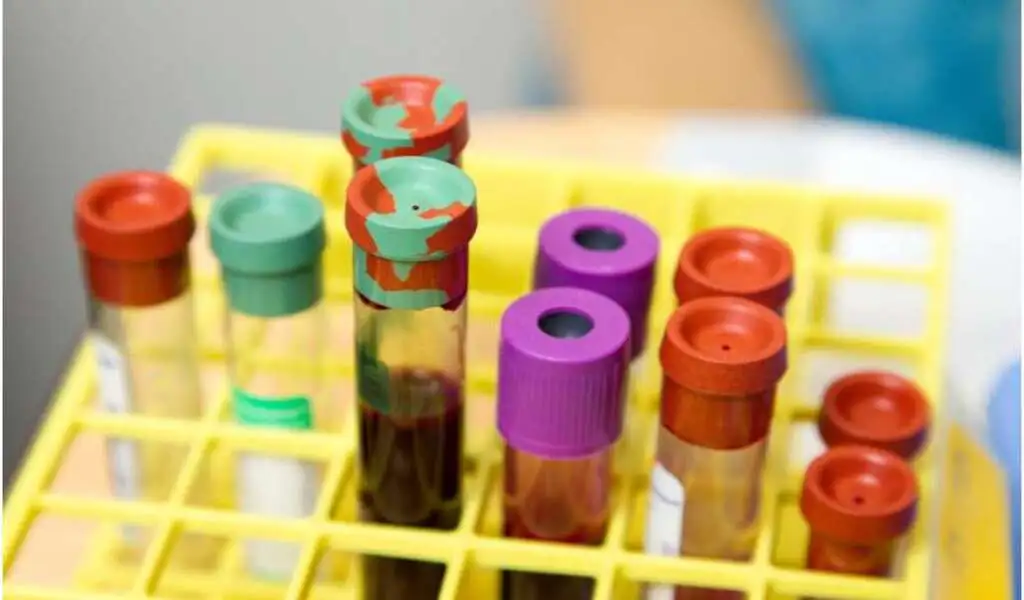Health
Blood Cancer And Obesity Are Linked, Researchers Find

(CTN News) – Studying clonal hematopoiesis of indeterminate potential (CHIP), which may increase the risk of blood cancer, Indiana University School of Medicine researchers found obesity to be highly related to the condition. A recent study published in the Journal of Clinical Investigation revealed their findings.
CHIP causes genetic mutations in blood cells that increase the risk of developing blood cancer. The factors that contribute to CHIP remain poorly understood despite its association with aging.
As a result of our study, being overweight or obese may be a risk factor for CHIP. Obesity causes inflammation in the body and alters the bone marrow, which is responsible for producing blood cells.
It is believed that this increases the risk of blood cancer and cardiovascular disease, says lead author Santhosh Pasupuleti, Ph.D., an assistant research professor of pediatrics at the Herman B Wells Center for Pediatric Research and researcher at the Melvin and Bren Simon Comprehensive Cancer Center at IU.
The findings of this study suggest that individuals with CHIP and obesity may have new treatment options as a result of our findings.
More than 47,000 individuals with CHIP were analyzed and 5.8 percent were associated with an increased waist-to-hip ratio.
Additionally, the mice models used in the study that had obesity and CHIP grew mutated blood cells more rapidly than the mice without obesity and CHIP.
As a result, their research provides strong support for the notion that maintaining a healthy weight and minimizing systemic inflammation may reduce the risk of developing blood cancer as one ages.
A researcher at the IU Melvin and Bren Simon Comprehensive Cancer Center and co-author of the study, Reuben Kapur, Ph.D., Director of the Herman B Wells Center for Pediatric Research, as well as co-program leader, said, “In our current and future research, we will identify ways to mitigate the rapid expansion and rapid growth of CHIP-bearing mutated blood cells..”
Many medications that are commonly used to treat blood pressure and diabetes have been found to inhibit the growth of mutated blood cells, which is a surprising finding.
In the future, future studies will investigate whether individuals who take these types of medications over the long term are at risk of developing blood cancer.”
A number of different drug combinations were also tested as part of the study in order to find possible therapeutic approaches for CHIP mutant cells.
Consequently, a better understanding of the relationship between CHIP and obesity may contribute to the identification of individuals at risk for developing diseases such as leukemia and the development of new treatments.
SEE ALSO:
A Rare Alzheimer’s Mutation Delayed The Onset Of The Disease In One Man





























